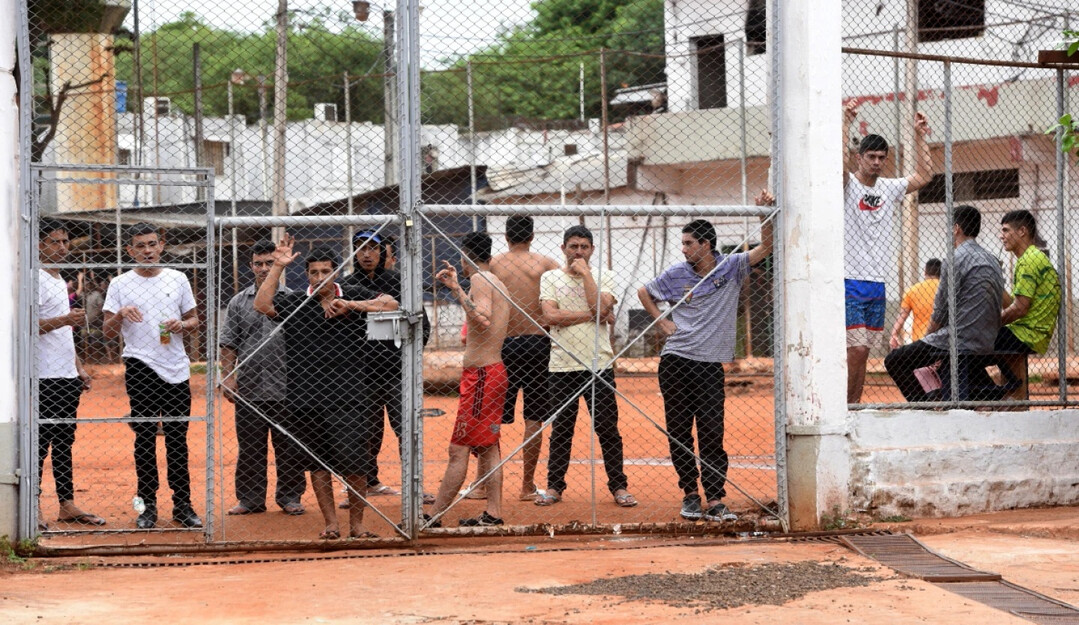
Experts have pointed out that the Paraguayan penitentiary system is facing a serious crisis due to widespread corruption, and fundamental reforms are urgently needed to solve it. Orlando Castillo, a member of the National Mechanism for the Prevention of Torture (MNP), emphasized that prisons function as "a healthy market for a corrupt system," and that genuine improvement is impossible without eradicating corruption.
Castillo criticized that a "market system" has been formed within prisons, where everything is for sale. He pointed out that inmates are still starving and that items sent to prisons frequently disappear. He argued that to solve these problems, effective control must be implemented not only for inmates but also for prison guards.
Chronic Overcrowding and Lack of Access to Justice
According to data from the Ministry of Justice, out of a total of 19,692 inmates in Paraguay, 13,372, or 68%, are being held in pretrial detention. This shows that the excessive use of incarceration is a serious problem.
In particular, new problems have arisen since the notorious Tacumbú prison was dismantled and inmates were dispersed to provincial prisons. Castillo said that they are being alienated from the justice system as it has become difficult for them to communicate with their lawyers. As a result, detention periods that could have ended in six months often get extended to two to three years. In response, Rubén Maciel, the Deputy Minister of Criminal Policy, explained that the measure was taken to solve the structural problems of Tacumbú prison, but admitted that the fundamental cause is the excessive use of incarceration.
Lack of Rehabilitation Programs and Severed Family Ties
Castillo argued that the penitentiary system should not only separate pretrial and convicted inmates but also strengthen rehabilitation programs. He pointed out that family visits for inmates in some prisons are currently limited to once a week, or even every two weeks, which encourages the severing of family ties.
He warned that if inmates are not cared for by their families after release, they are highly likely to re-offend within a few days. He suggested that separate areas for pretrial and convicted inmates be established within prisons, and that a professional team be formed to evaluate inmates' living conditions and access to family visits.
Redefining the Role and Enhancing the Professionalism of Prison Guards
Castillo emphasized that the role of prison guards should be redefined from mere supervisors to "educators." To achieve this, he argued for strengthening their professionalism and establishing a systematic promotion system based on career progression. He said, "This process is important to prevent politicians from requesting the appointment of specific individuals as wardens."
In response, Deputy Minister Maciel stated that prison guards are currently appointed after a six-week training course, and a two-year technical education program is also being conducted. He added that they plan to extend the training period to further enhance their professionalism.
The Penitentiary System: A Time for Comprehensive Reform
The remarks by Castillo and Maciel show that the Paraguayan penitentiary system is facing multiple problems, including corruption, overcrowding, a lack of rehabilitation programs, and insufficient professionalism among prison guards. This crisis cannot be overcome with superficial measures such as simply expanding facilities or increasing personnel. Only by eradicating corruption, transparently improving judicial procedures, and implementing fundamental changes that help with the rehabilitation of inmates will the Paraguayan penitentiary system be able to become healthy.
[Copyright (c) Global Economic Times. All Rights Reserved.]






























